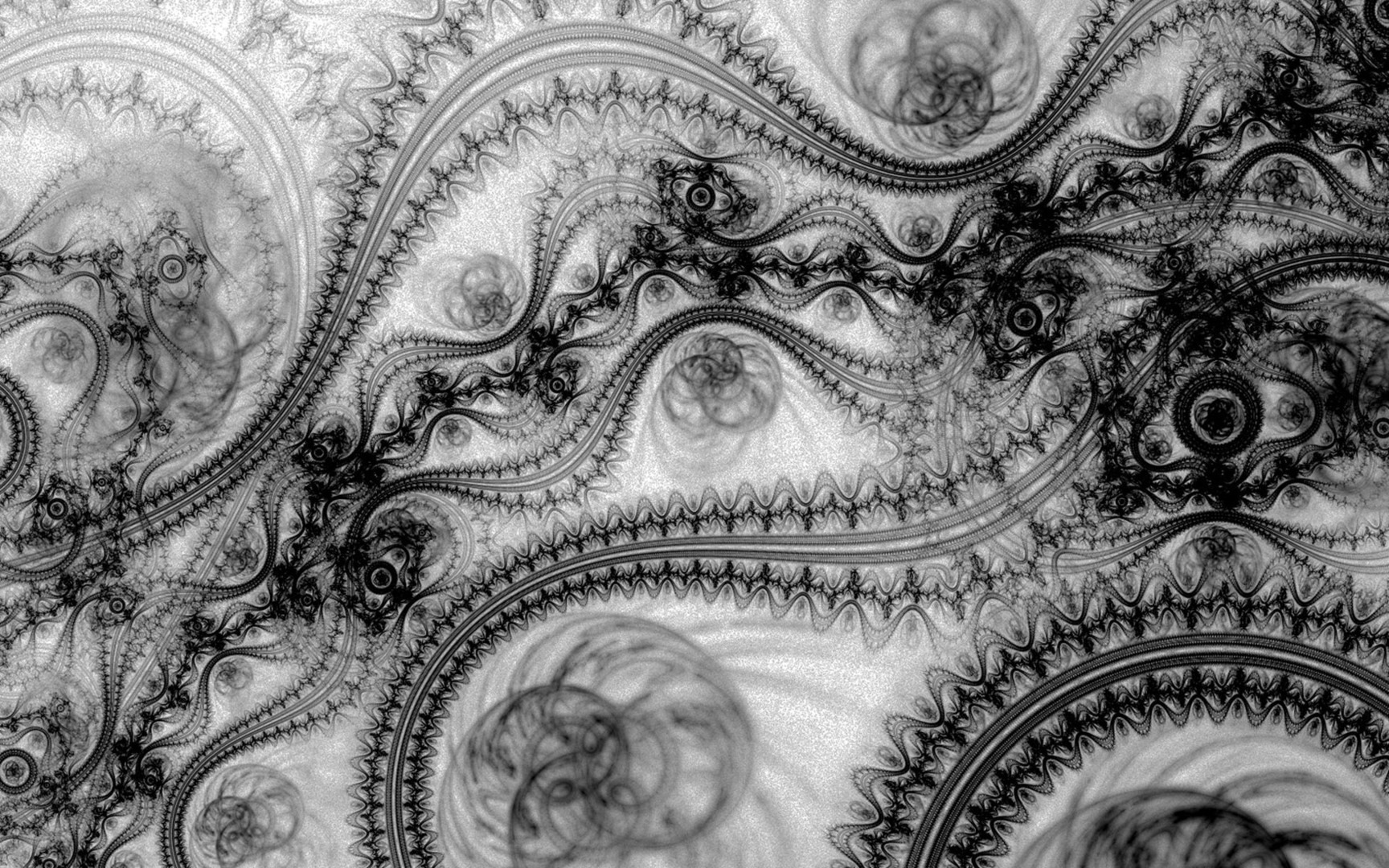To design a piece from scratch, you need to construct the whole – one step at a time. The same way, ideas shape the course of what we call in our day-to-day lives as history. Narasapur is one such small town, with big endeavors which has been famous for lace making for over the past century. Little do the customers know about the rural and semi-urban women belonging to the poorest strata, who are eking out their livelihood on lace-making.
Introduced into the mainland by Mrs. Macre, from Scotland – lace-making reached heights to where it is today, in the world of fashion, of changing trends and notions. Unfortunately, artisans were exploited by the middlemen exporters from time immemorial – paying them meager daily wages and amassing wealth by exporting them overseas at much-extrapolated rates. And, with no terms of security at stake, their employment depended solely upon the orders they secured from their buyers. But, one thing didn’t change – the work. The work involved the production of voluminous and exquisite patterns.
One such artisan, with magic in her hands, was Mrs. K Hemalatha. Frustrated of the red-tapism in the industry, she got bold and took chances with the All India Handicrafts Board for help – being advised to form a co-operative society. With the objective in bettering the financial lives of the lace artisans, she proposed extensive tours covering 30 villages. And submitted the plan to register as a co-operative society. At a certain stage, the society had to resort to a hunger strike at the premises of the Industries Department of the Government at the District Headquarters. The matter being spoken up at the ministerial level and was successful in registering on 19th May, 1979.
By 1983, the society started the business within New Zealand, taking up orders for supplying handmade cotton crochet lace goods – even after the coastal area being frequently subjective to calamities like cyclone, gales, floods, heavy rains and tidal waves hitting hard since 1986.
Upon the demise of Mrs. K Hemalatha, the members elected her young daughter Mrs. K Satyasri as the President, herself a good organizer and a professional lace designer. Excelling in production of variant paraphernalia ranging from rounds, runners, ovals, squares, oblongs, cushion covers, pillow covers, bedspreads, caps, jug covers, glass covers, beaded bags, denim bags, wool bags, jute bags, canvas tote bags, coasters, potholders, pin-flower brooches, lace necklaces, headbands, shawls, scarfs, stoles, bookmarks, wall hangings, baby blankets, recycled saree shawls, ponchos, blouses, skirts, tops to bookmarks.
The society is working with IKAT to come up with woven bedspreads, bamboo fabric with Kalamkari print. And focusing on new products to add to the catalog – handmade paper products such as greeting cards, paper bags, silk stoles, wooden-carved photo frames and pen holders.
Rajath K Rajeev



